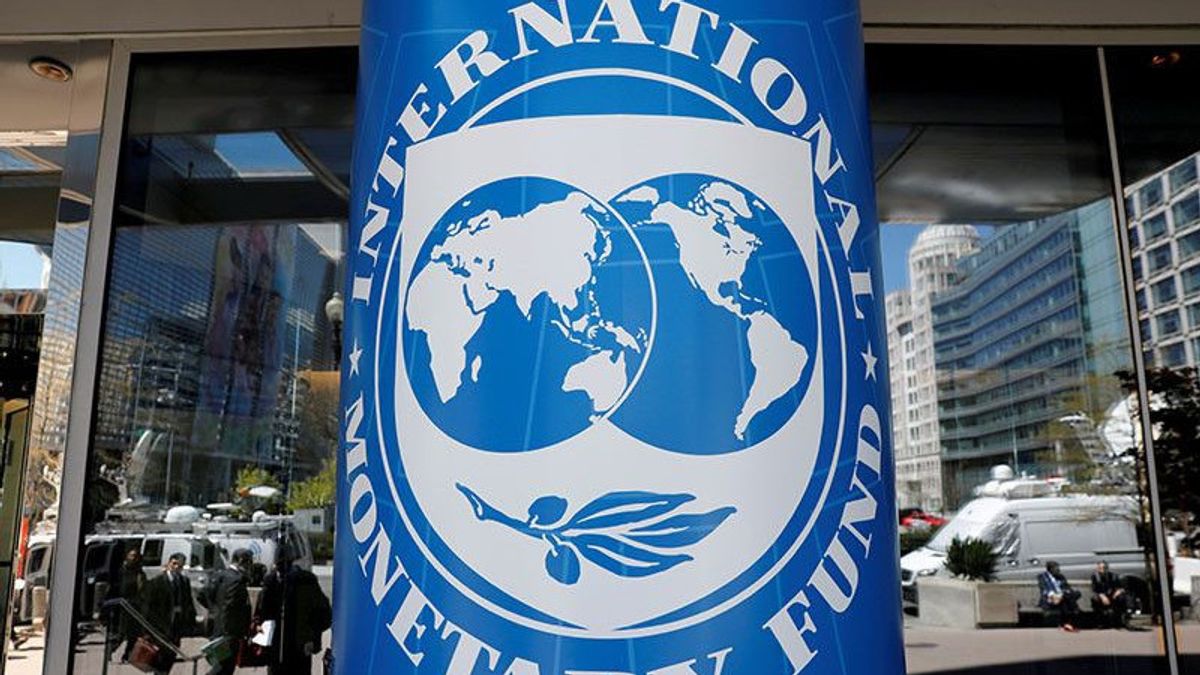JAKARTA - The International Monetary Fund (IMF) estimates that Indonesia's economic growth throughout 2022 will be at 5.6 percent. This level is lower than the previous prediction in October 2021 which was 5.9 percent.
"The emergence of a more aggressive COVID-19 variant could put further stress on the health system and lead to new mobility restrictions, and the risks and impacts of tighter global financial conditions are also having an effect," IMF official Cheng Hoon Lim said in a statement quoted Wednesday. January 26.
According to him, several reinforcements this year are supported by the Indonesian government which continues to respond with strategic and comprehensive policies to protect citizens, including ensuring the income sector of the people affected by the pandemic. The IMF considers the government's actions have succeeded in maintaining economic and financial stability.
“The economy is recovering at a rapid pace. The surge in the Delta variant slowed the economic recovery in mid-2021, but growth accelerated in the next quarter and is expected to continue into 2023. This year will be supported by favorable global commodity prices, easing of activity restrictions, continued policy support, and increased mobility and confidence. as the vaccination program expands to more remote areas,” said Lim.
3 Percent Deficit in 2023
On this occasion, the global institution expressed its appreciation for Indonesia's efforts to return the budget deficit level to a maximum of 3 percent of GDP (gross domestic product) in 2023.
It said consolidating public finances by removing COVID-19 emergency support, while accommodating the ongoing need for spending on health and social protection as the pandemic continued, was appropriate.
"The IMF team commends the authorities for their commitment to returning to the budget deficit ceiling of 3 percent of GDP by 2023," Lim said.
Furthermore, inflation is still lower than that of developing and other developed countries, enabling Bank Indonesia (BI) to support the recovery through accommodative policies. Inflation itself is expected to increase gradually in the range of 3 percent plus minus 1 percent.
“Stronger fiscal realization in 2021 will reduce the trade-off between extraordinary policy easing and providing adequate macroeconomic policy support. Even though government borrowing has increased amid the pandemic, Indonesia's public sector debt remains low and will remain sustainable even if adverse macroeconomic shocks occur," he stressed.
The English, Chinese, Japanese, Arabic, and French versions are automatically generated by the AI. So there may still be inaccuracies in translating, please always see Indonesian as our main language. (system supported by DigitalSiber.id)












